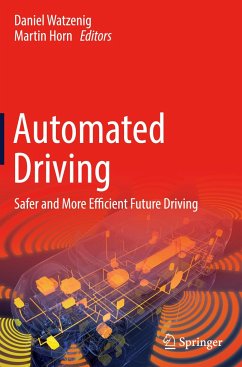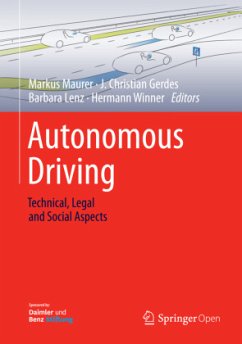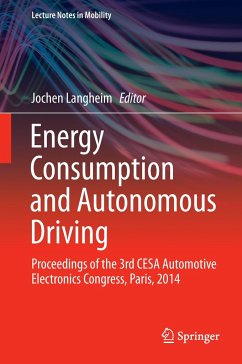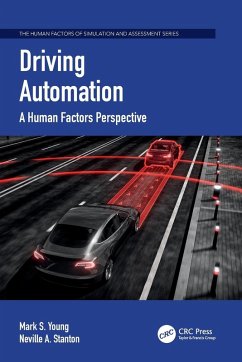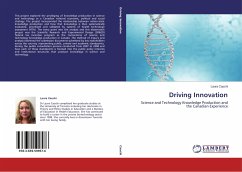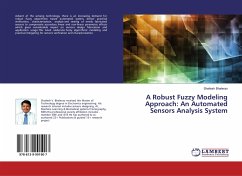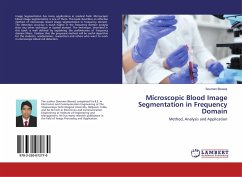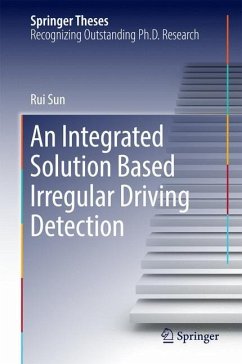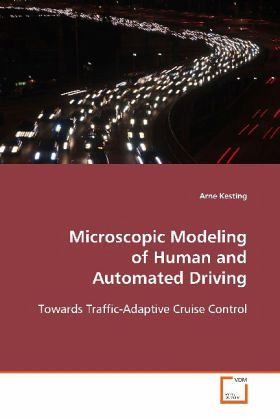
Microscopic Modeling of Human and Automated Driving
Towards Traffic-Adaptive Cruise Control
Versandkostenfrei!
Versandfertig in 6-10 Tagen
52,99 €
inkl. MwSt.

PAYBACK Punkte
26 °P sammeln!
His doctoral thesis at hand comprises thestate-of-the-art in microscopic traffic modeling andsimulation methodology. The first part deals with amicroscopic traffic flow theory. Models describingthe individual acceleration, deceleration andlane-changing behavior are formulated and theemerging collective traffic dynamics are investigatedby means of simulations. The models and simulationtools presented provide the methodical prerequisitesfor the second part in which a novel concept of atraffic-adaptive control strategy for Adaptive CruiseControl (ACC) systems is presented. The impact ofsuch syste...
His doctoral thesis at hand comprises the
state-of-the-art in microscopic traffic modeling and
simulation methodology. The first part deals with a
microscopic traffic flow theory. Models describing
the individual acceleration, deceleration and
lane-changing behavior are formulated and the
emerging collective traffic dynamics are investigated
by means of simulations. The models and simulation
tools presented provide the methodical prerequisites
for the second part in which a novel concept of a
traffic-adaptive control strategy for Adaptive Cruise
Control (ACC) systems is presented. The impact of
such systems on the traffic dynamics can solely be
investigated and assessed by traffic simulations. In
order to ensure that ACC systems are implemented in
ways that improve rather than degrade traffic
conditions, the thesis proposes an extension of ACC
systems towards traffic-adaptive cruise control by
means of implementing an actively jam-avoiding
driving strategy. The presented concept is aiming at
moving forward adaptive and cooperative technologies
for vehicle-based intelligent transportation systems
(ITS).
state-of-the-art in microscopic traffic modeling and
simulation methodology. The first part deals with a
microscopic traffic flow theory. Models describing
the individual acceleration, deceleration and
lane-changing behavior are formulated and the
emerging collective traffic dynamics are investigated
by means of simulations. The models and simulation
tools presented provide the methodical prerequisites
for the second part in which a novel concept of a
traffic-adaptive control strategy for Adaptive Cruise
Control (ACC) systems is presented. The impact of
such systems on the traffic dynamics can solely be
investigated and assessed by traffic simulations. In
order to ensure that ACC systems are implemented in
ways that improve rather than degrade traffic
conditions, the thesis proposes an extension of ACC
systems towards traffic-adaptive cruise control by
means of implementing an actively jam-avoiding
driving strategy. The presented concept is aiming at
moving forward adaptive and cooperative technologies
for vehicle-based intelligent transportation systems
(ITS).



